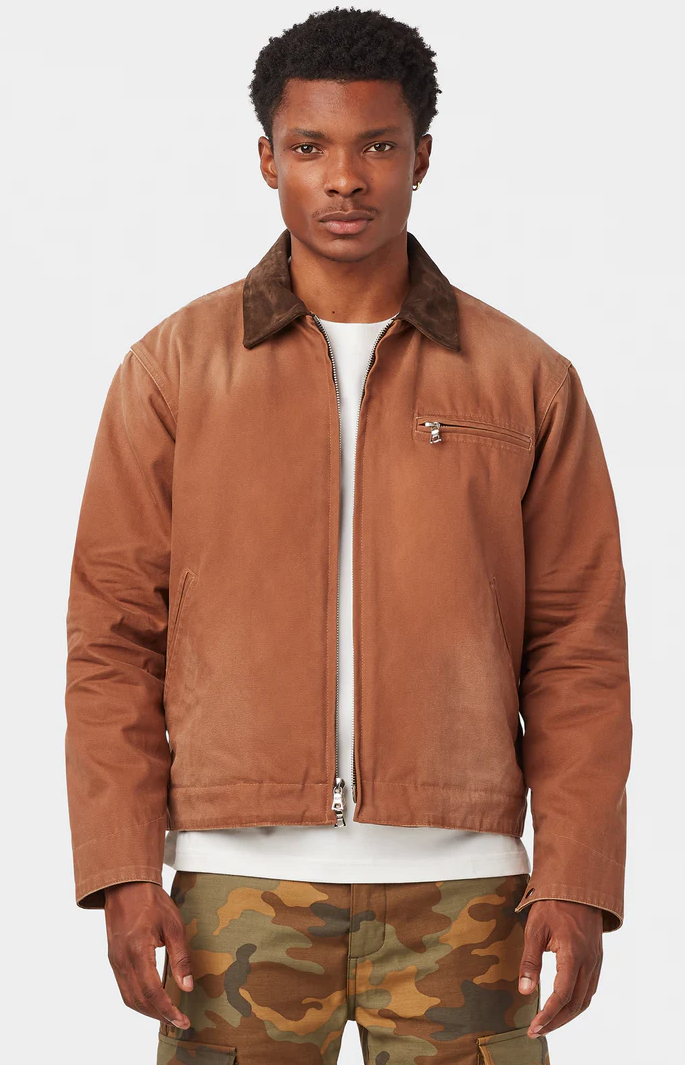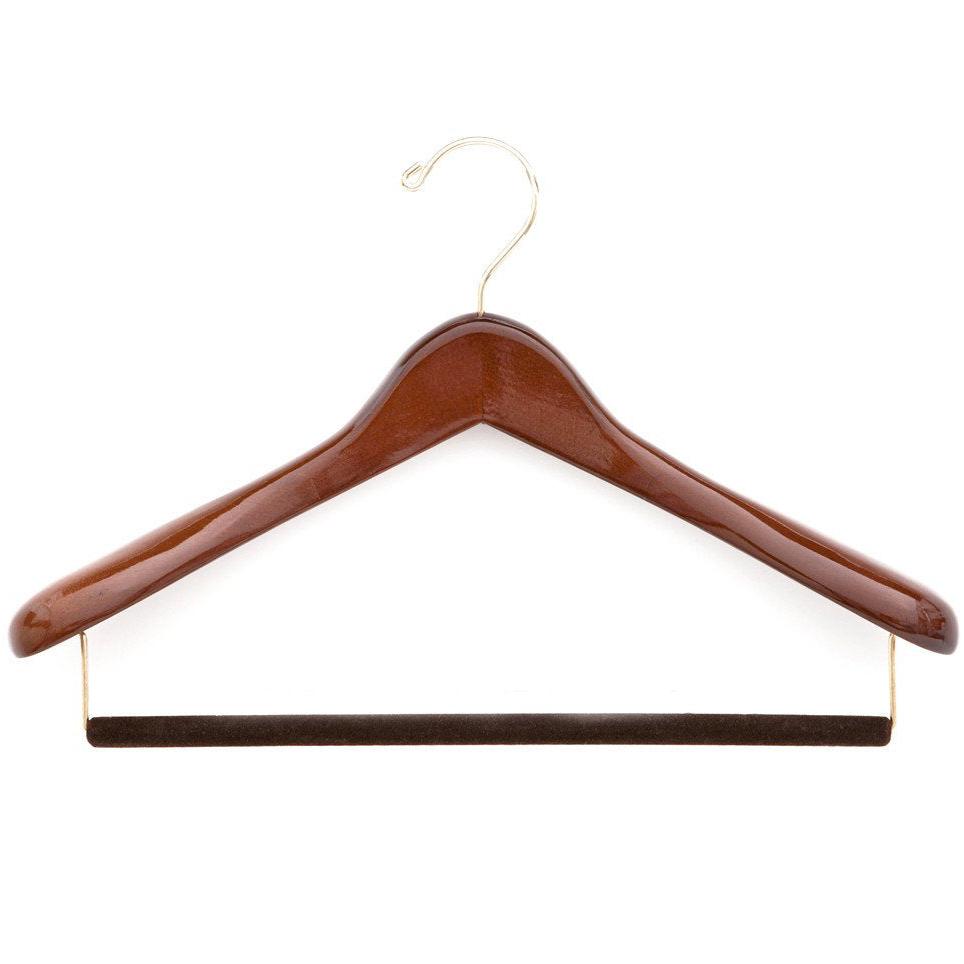holymadness
Distinguished Member
- Joined
- Nov 27, 2008
- Messages
- 3,609
- Reaction score
- 11
Or any items, for that matter. This is a theoretical discussion that came up in a conversation I was having with someone else about cigars, but it's applicable to MC.
When we say, for example, that Cheney or Tricker's offers a good product for the price, what do we mean exactly?
It's implied that the object is inferior to a more expensive one, but that the level of quality is acceptable given what you paid for it. It's also superior to a lower-quality product which is as or even more expensive. How is this judged? Is it:
1) Relative to the price/quality ratio of the products to which we're implicitly comparing it? For example, if I can get EG shoes for $500, does a $250 pair of shoes have to be at least half as well-made to compare favourably? Does it have to be more than half as well-made to be a good deal as opposed to just a fair deal?
2) Relative to objective standards of construction, aesthetics, etc? For instance, is there a basic checklist of features a certain product must have before it can be considered a quality product, thus the product which fulfills the greatest number of these conditions for the least amount of money represents the best value? To reuse the shoe example, such a checklist might include goodyear welting, calf leather, non-crooked stitching, etc.
3) Purely subjective, based at once on the needs/wants of the buyer and his financial means? Is a 'good deal' different for each individual?
When we say, for example, that Cheney or Tricker's offers a good product for the price, what do we mean exactly?
It's implied that the object is inferior to a more expensive one, but that the level of quality is acceptable given what you paid for it. It's also superior to a lower-quality product which is as or even more expensive. How is this judged? Is it:
1) Relative to the price/quality ratio of the products to which we're implicitly comparing it? For example, if I can get EG shoes for $500, does a $250 pair of shoes have to be at least half as well-made to compare favourably? Does it have to be more than half as well-made to be a good deal as opposed to just a fair deal?
2) Relative to objective standards of construction, aesthetics, etc? For instance, is there a basic checklist of features a certain product must have before it can be considered a quality product, thus the product which fulfills the greatest number of these conditions for the least amount of money represents the best value? To reuse the shoe example, such a checklist might include goodyear welting, calf leather, non-crooked stitching, etc.
3) Purely subjective, based at once on the needs/wants of the buyer and his financial means? Is a 'good deal' different for each individual?




